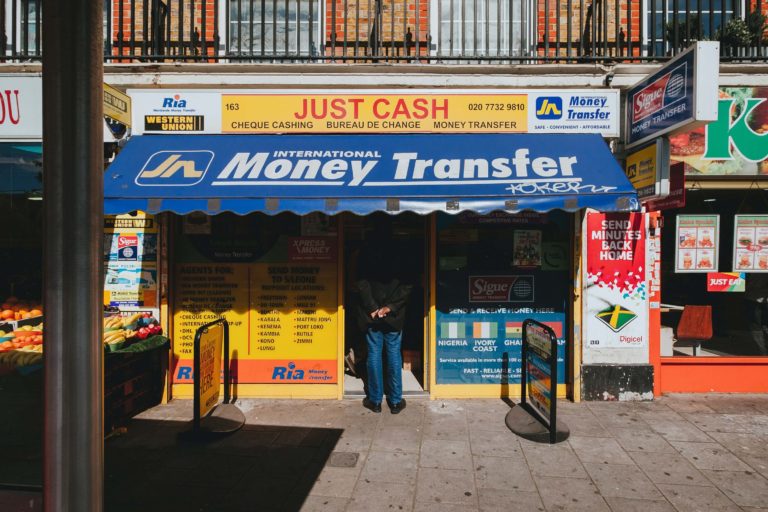
Building and scaling a FinTech anywhere is a daunting challenge that requires overcoming technology, consumer and regulatory hurdles.
This challenge is even more difficult in developing markets where a large portion of the population lacks access to even a basic bank account that can be used to support a FinTech offering. To get around these constraints you need to adjust your product development approach and be ready to work through challenges you likely never would have predicted.
For me coming from Canada where cash has not been a significant part of financial life for decades the first culture shock to working in emerging markets was figuring out how you provide digital financial solutions to a market that is still using cash as the go to payment solution.
The interesting thing is that this situation of cash dominance of the payment space, approximately 70% of merchants in the Philippines are cash only, does not continue to exist due to market preference quite the contrary consumers, merchants, and especially the government would all prefer that digital payments become standard. The cash-based economy really continues to exist because the vast majority of the population has no bank account so any earnings are provided in cash.
Without a way to easily and inexpensively translate cash back and forth between digital accounts and physical currency consumers keep their funds as physical cash. This creates a situation where merchants have limited incentive to build out digital payment solutions and digital payment adoption grows more slowly than it should.
An obvious solution would be to build a large branch and ATM network to allow cash in cash out services but there are a few showstopper challenges preventing that. In short it would be a massive investment and of course we know that once digital options exist cash will cease to be needed in a fairly short time period. No company wants to undertake a large-scale investment with limited return hence the cash logjam persists.
A much more practical solution and the one we are embarking on at Lynx is a transitionary model using the already existing remittance infrastructure as what are in essence basic bank branches to enable people to transfer between digital and physical currency.
For those that don’t know remittance is typically when a family member working overseas sends funds back to their family in the developing world, remittance is a massive market and has a very well-established footprint of remittance shops that can distribute these sent funds as cash throughout the developing world.
What we are doing at Lynx is repurposing these existing shops to also serve as cash in locations where a consumer with physical currency can convert that cash to digital currency to be used for online shopping or digitally transferred as needed. This is not really a particularly novel idea these sorts of technological transitionary steps occur whenever a truly seismic shift occurs in a marketplace.
The easiest example of this sort of halfway solution is hybrid cars as a mid-way solution between internal combustion engines and pure electric cars. Where the infrastructure to support fully electric cars was still too sparse to get truly wide adoption hybrids allow car companies to use the existing gas station network while developing electric drive technology and building out the required charging infrastructure to support a fully electric market.
The situation with cash in the southeast Asia market is essentially analogous where a widespread cash in cash out network needs to be created as a stop gap to allow the digital economy to take off but needs to be created in such a way that the upfront investment is minimized.
By utilizing a partner network of existing cash out locations made up of corner stores, pawn shops and existing bill payment centers as cash in locations we were able to allow clients to continue to utilize cash while at the same time providing them with an onramp to utilize our digital money solutions. While it is expected that this sort of cash in cash out location will be a transitional step as these economies digitize these locations can over time be transitioned to provide more sophisticated financial offerings such as insurance and investment.
John Schaub is the Chief Product Officer at Lynx Global.
Photo by Alistair MacRobert on Unsplash


Leave a Reply